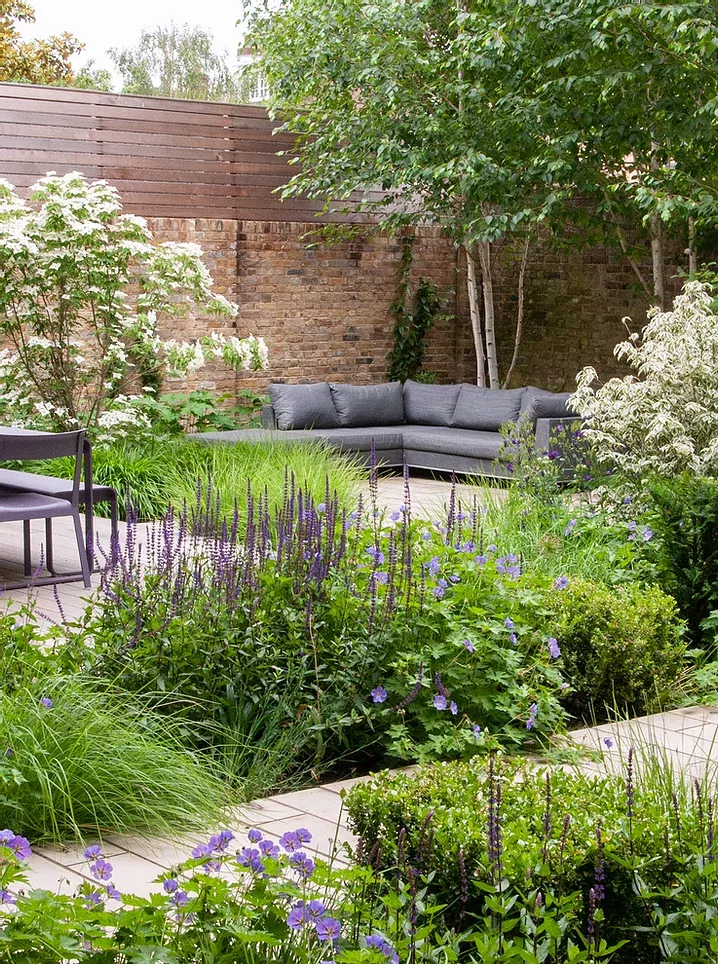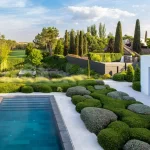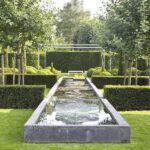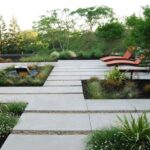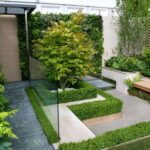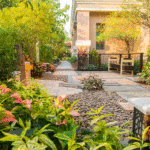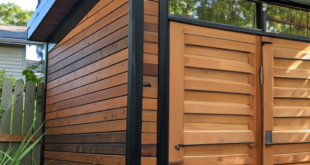Contemporary gardens are a modern take on traditional landscaping and have become popular among homeowners looking to create a unique and stylish outdoor space. These gardens typically feature clean lines, minimalist design, and a focus on sustainability and eco-friendliness. They incorporate a mix of traditional elements, such as natural materials like wood and stone, with modern touches, such as sleek metal accents and geometric shapes.
One hallmark of contemporary gardens is the use of native plants and drought-tolerant species, which reduce the need for excessive watering and chemical fertilizers. This not only helps to conserve water and protect the environment but also creates a low-maintenance garden that is easy to care for. Additionally, many contemporary gardens incorporate edible plants and herbs into their design, allowing homeowners to enjoy the fruits of their labor right in their own backyard.
Another key feature of contemporary gardens is the use of sustainable materials and eco-friendly landscaping practices. This can include the use of recycled materials for hardscaping, such as reclaimed wood or concrete pavers made from recycled glass. Additionally, contemporary gardens often incorporate rainwater harvesting systems, solar-powered lighting, and composting bins to further reduce their environmental impact.
In terms of design, contemporary gardens often feature clean, geometric lines and minimalist planting schemes. This can create a sense of openness and tranquility in the outdoor space, allowing for easy movement and a feeling of harmony with nature. Many contemporary gardens also incorporate elements of Zen gardens, such as sand or gravel pathways, Japanese maple trees, and carefully placed rocks or boulders to create a sense of balance and serenity.
While contemporary gardens may have a more modern aesthetic, they can still be designed to complement a variety of architectural styles and landscapes. Whether you have a small urban backyard or a sprawling country estate, a contemporary garden can be tailored to suit your personal taste and lifestyle. By incorporating elements of sustainable design, native plants, and modern landscaping techniques, you can create a beautiful and environmentally-friendly outdoor space that you can enjoy for years to come.
